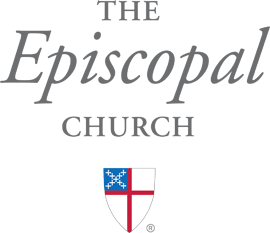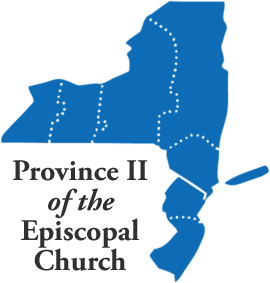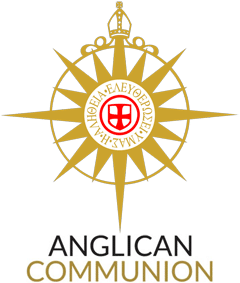
The waves of recent immigrants in our communities are creating a diverse society which implies that our Hispanic / Latino Churches have to prepare the way so that these newcomers can be welcomed in our communities in which English might not be the primary language.
Very often, Hispanics / Latinos are coming to our churches for their spiritual nourishment. Therefore, our priests and laity must be prepared to serve in a multicultural and maybe in a bilingual environment. It would be even better if the newcomers to the church are welcome in our churches in their own language.
Hispanic / Latino families bring with them a large number of children. So, the services are filled with beautiful noises of children during baptisms, for example. In addition, to this the church music is very lively and varied. After the services, or on special occasions, the parish hall becomes a community center where social celebrations are often surrounded with Latin music and tasty and spicy food. First Communions, Weddings, Confirmation classes, Sweet Fifteen (Quinceañeras) are moments to celebrate life in a safe community setting. There are times when spiritual support is provided as Hispanics / Latinos request blessings of their homes and businesses. Of course, hospital visits and home visits are made, and funeral services are requested by our parishioners in times of grief.
In my experience, some of the congregants who are reaching Holy Trinity Church in West Orange are in the most part Spanish speakers. These parishioners come from various countries in Latin America. These are people who come from Ecuador, Dominican Republic, El Salvador, Colombia, Guatemala, Guyana, Honduras, Mexico, Panama, Peru, and Puerto Rico. From time to time, we also are visited by people from Haiti. At Holy Trinity Church, we have the blessings of having Rev. Peter Jackson who speaks French. Perhaps, your church is having a similar experience. It is important to mention that the Hispanic / Latino parishioners are becoming pledging members of Holy Trinity Church, and they contribute greatly to the well-being of the infrastructure of the church grounds.
This diversity in the Hispanic / Latino population means that when sermons are delivered, the sermons must be planned to include the diversity so that the parishioners can fully understand the meaning of the embedded messages.
In order to be effective in addressing the diversity in the population in a church setting, the context of the reality of these people must be taken into account. This includes the practices and customs of each community in particular. Special attention must be placed on the use of the language and idiomatic expressions that diverse people from various countries might use. This implies that church leaders must be constantly in touch with the communities that they serve. We might be interested in knowing the pressing issues that people are confronted with currently.
Latin America is one of the most linguistically and culturally diverse areas of the world. This suggests that in the USA there are congregants in church communities who fall in this category of being multicultural and multilingual.
Another important point that we need to recognize is that the new wave of immigrants has special needs, besides spiritual support. There is a need for jobs, food, clothing, and a place to live. In addition to this, there is a need to help parents learn about the educational system, social services, and legal support in many cases.
Currently, there is an on-going cooperation in sharing the music (Canticos) for Hispanic / Latino services on a monthly basis with churches in the Diocese of Newark that are interested in offering services in Spanish. As we have done in the past, we are open to supporting any churches with Spanish materials if they are requested. We also share resources with the Diocese of New Jersey when there is a need.
There is a huge opportunity for the Episcopal Church in the Hispanic / Latino communities at the present time. We might not have all the pieces together at this time to address this huge opportunity, but we can come together to participate in this important ministry. Cooperation, partnership, and fellowship could be the first ingredients to embrace the Hispanic / Latino communities in the Episcopal Church.
If you or your congregation is interested in participating in the Hispanic / Latino ministry, contact the Rev. Dr. Miguel Hernandez.
As Jesus told his disciples, “The harvest is vast, but the workers are few” (Matthew 9: 37).





